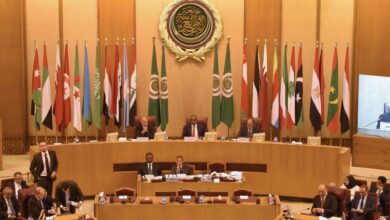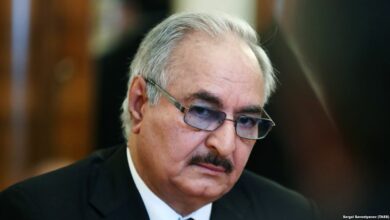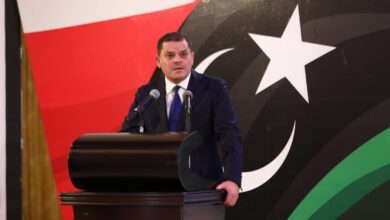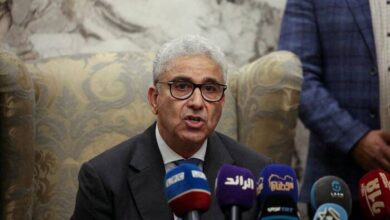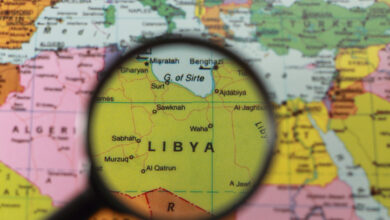Libya
Libyan Interim PM Says Those Refusing Election Results Will Face Sanctions
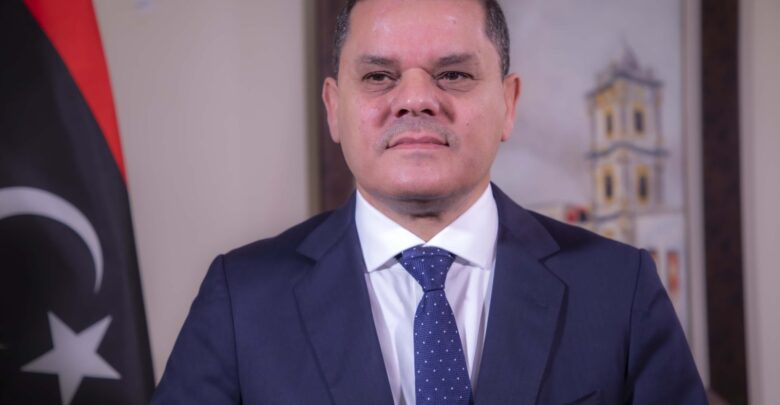
The Libyan interim Prime Minister Abdul Hamid Dbeibeh on Friday revealed a decision by the international Libyan conference in Paris to sanction those who refuse to accept results of the upcoming parliamentary and presidential elections, reported TRT World.
The warning was issued during a news conference on Friday at the end of the international dialogue in Paris. The conference was organized by France alongside Libya, Germany, Italy and the United Nations to provide international support for Libyan political transition and for the holding of timely elections next month.
The Paris conference was attended by representatives of more than 30 countries and hosted by the French president, Emmanuel Macron; the German chancellor, Angela Merkel; and the Italian prime minister, Mario Draghi.
Libyan Prime Minister Dbeibeh said the conference managed to reaffirm extremely important points which can pave the way for the successful organization of elections in the country.
“We stress the importance for all Libyan stakeholders to mobilize resolutely in favor of the organization of free, fair, inclusive, and credible presidential and legislative elections on December 24, 2021,” a statement released after the meeting said.
The World leaders in Paris decided that individuals or entities, inside or outside of Libya, who attempt to obstruct, undermine, manipulate or falsify the electoral process and the political transition could face sanctions.
At the end of the summit, French President Emmanuel Macron said a commitment by eastern forces to withdraw 300 foreign mercenaries through a process agreed between the eastern and western sides must be followed by Russia and Turkey pulling out fighters too.
Libya’s elections were fixed through an UN-backed roadmap adopted last year, which also established an interim unity government to pave way for the elections.
The votes for a new president and parliament are doubtful with only six weeks to go for the election amid disputes between rival Libyan factions and political bodies over the rules underpinning the electoral schedule and who can run for office.


